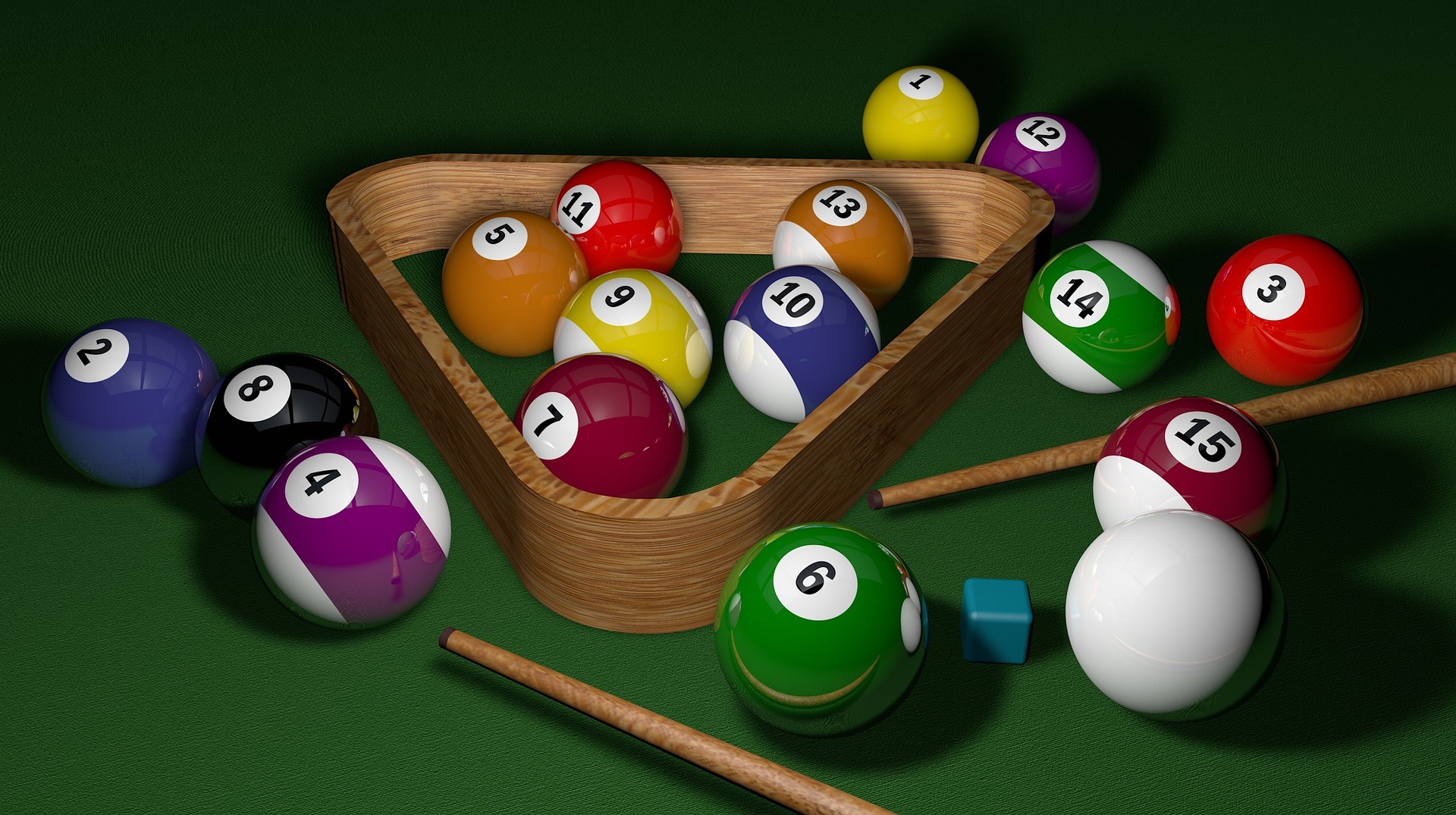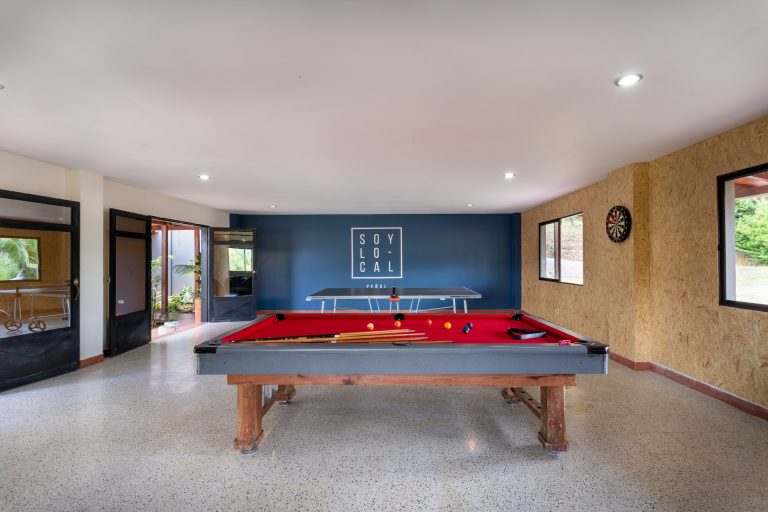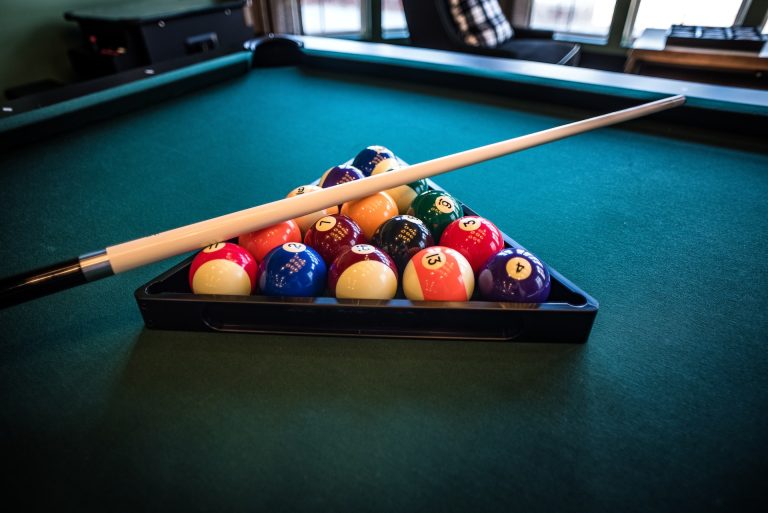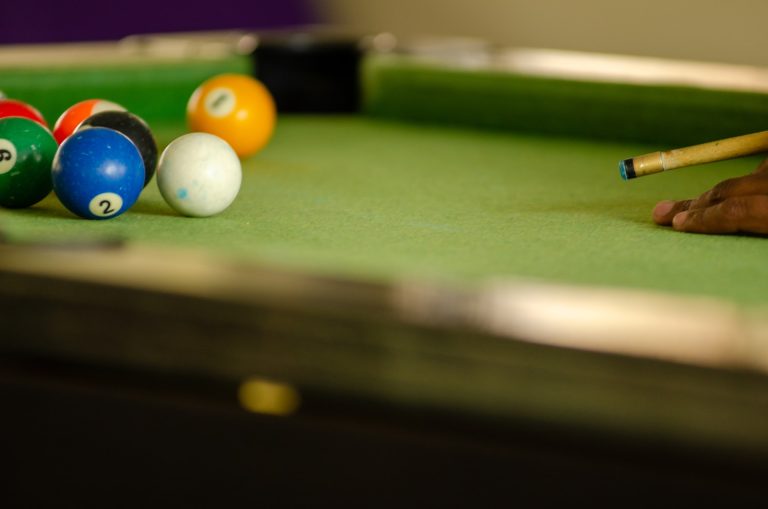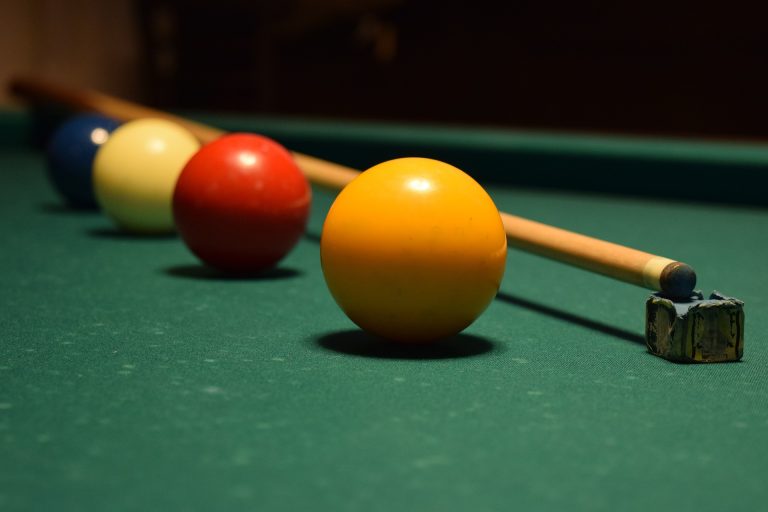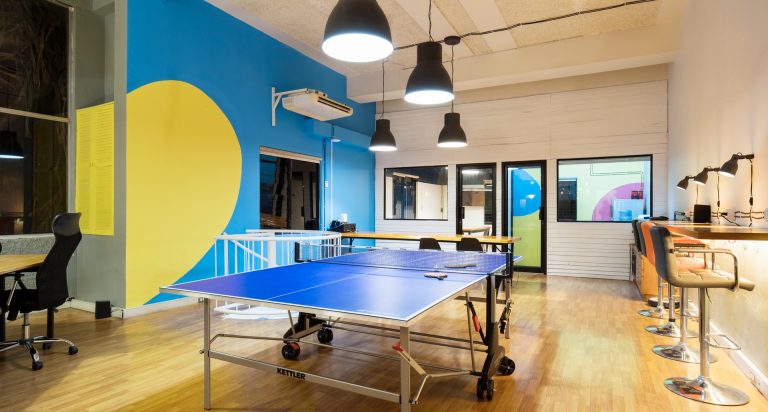Snooker Cue vs Pool Cue: What to Play?
For those who are unfamiliar with the game, cue sports are all about striking a ball with a stick to pocket other balls and ultimately sink the black.
Cue sports can be played with either snooker cue or pool cue, but what’s the difference? And which cue is better for you?
Here’s a breakdown of the differences between snooker cue vs pool cue, as well as some tips on choosing the right cue for your game.
What Is Snooker Cue?
A cue is an implement used to strike billiard balls in the game of snooker. It is usually made of wood, and has a leather- or cloth-covered end, termed the ferrule, to make it easier to grip.
The part of the cue that rests on the table, known as the butt, is usually covered with rubber to increase friction.
The length of a cue can vary from 48 inches (122 cm) to 54 inches (137 cm), with 52 inches (132 cm) being the most common size. There are three parts to a cue: the butt, shaft, and tip.
The butt is secured to the shaft by means of a threaded joint. The shaft is tapered slightly so that the tip can be fastened securely.
Most shafts are made of maple, but some are made of other woods, such as rosewood, ebony, or cocobolo.
The tip is the most important part of a cue and is usually made of leather, brass, or plastic. It is important that the tip provide a good feel and grip on the ball.
A well-maintained tip will last for many years.
What Is Pool Cue?
A pool cue is a carefully crafted stick used to strike billiard balls in the game of pool.
Pool cues come in many different shapes and sizes, but they all have one common goal: to help the player accurately target and hit the ball.
There are many different factors that go into choosing the right pool cue for your game.
The weight, balance, and tip of the cue are just a few of the things that you need to take into consideration.
You also need to decide if you want a one-piece or two-piece cue. And, of course, you need to pick a style that you like! With so many options out there, it can be tough to know where to start. But don’t worry, we’re here to help.
In this article, we’ll take a look at some of the different types of pool cues available on the market today.
We’ll also provide some tips on how to choose the right cue for your game. So, whether you’re a beginner or a seasoned pro, read on for all you need to know about pool cues!
Snooker Cue vs Pool Cue: 5 Things to Know
There are many people who argue about the difference between a snooker cue and a pool cue.
Though they may look similar, there are some key differences that set them apart.
Here are 5 things to know about snooker cues vs pool cues:
1. The weight and size of the cue can be different. A pool cue is typically heavier and longer than a snooker cue.
2. The tip of the cue is also different. Pool cues have a hard tip, while snooker cues have a softer tip. This makes it easier to control the ball when playing snooker.
3. Snooker cues are usually made out of wood, while pool cues can be made out of different materials, such as fiberglass or graphite.
4. The price of a snooker cue can be higher than a pool cue because they are made with better quality materials and craftsmanship.
5. Snooker cues are typically used for the game of snooker, while pool cues can be used for various games, such as pool, billiards, or even ping pong.
Snooker Cue vs Pool Cue: 5 Differences
When choosing a cue for your game of snooker or pool, it is important to know the differences between the two types of cues.
While both are similar in many ways, there are some key distinctions that can make a big difference in your game.
Here are 5 key differences between a snooker cue and a pool cue:
1. Length
One of the most noticeable differences between a snooker cue and a pool cue is the length.
A standard snooker cue is generally around 57 inches (145 cm) long, whereas a pool cue is usually around 48 inches (122 cm) long. This extra length on a snooker cue gives players more power and reach when making shots.
2. Weight
A snooker cue is also usually heavier than a pool cue, weighing around 18 ounces (510 grams) compared to around 14 ounces (400 grams) for a pool cue.
This extra weight can give players more power when striking the ball, and can be helpful in making shots with more English.
3. Tip size
The tip size of a snooker cue is also generally bigger than that of a pool cue. A typical snooker cue tip measures around 9.5-10 mm in diameter, while a pool cue tip is usually around 7-8 mm in diameter.
This larger tip size helps to create more spin on the ball, making it easier to control your shots.
4. Butt size
The butt (or handle) of a snooker cue is also usually bigger than that of a pool cue. This is because a snooker cue needs to be able to support the extra weight of the cue ball.
A typical snooker cue butt measures around 2 inches (50 mm) in diameter, compared to 1 inch (25 mm) for a pool cue butt.
5. Shaft type
The shafts of snooker cues and pool cues are also different in style. Snooker cues typically have a wooden shaft, while pool cues have a fiberglass or graphite shaft.
The fiberglass or graphite shafts are much more durable than wood, and are less likely to warp or break.
| Don’t Miss This: Different Types Of Pool Cue Tips |
Conclusion
So, what’s the difference between a snooker cue and a pool cue? 5 key points to remember are that snooker cues tend to be longer with a thicker butt and are used with smaller balls.
Pool cues are shorter with a thinner butt and are used with larger balls. When it comes to tips, snooker cues have more of a rounded tip while pool cues have a triangle-shaped tip.
Finally, the weight distribution is different between the two types of cues – Snooker cues tend to be heavier overall.
Now that you know all about snooker cues and pool cues, which type will you choose next time you hit the table?

I’m Maverick and I love playing pool games with my friends. I found myself struggling for proper guidance playing this game and selecting good quality equipment for it. I, then, decided to create this blog to guide pool enthusiasts to get right information and start enjoying their game.

